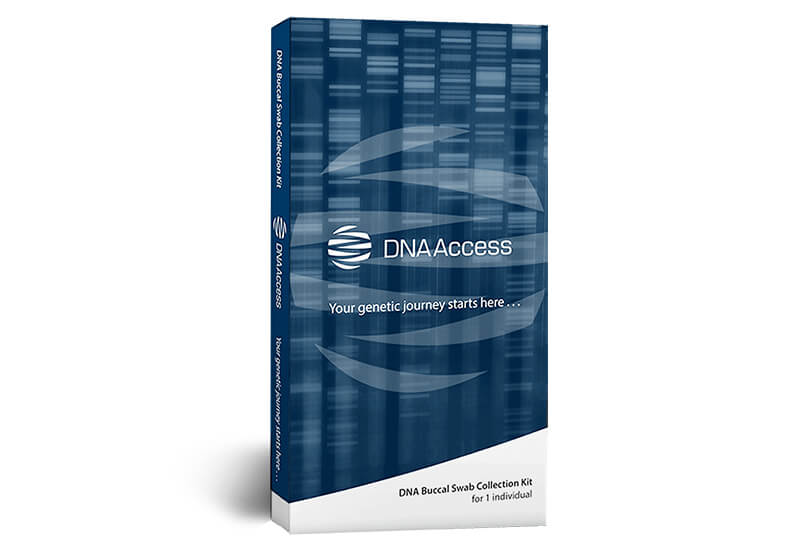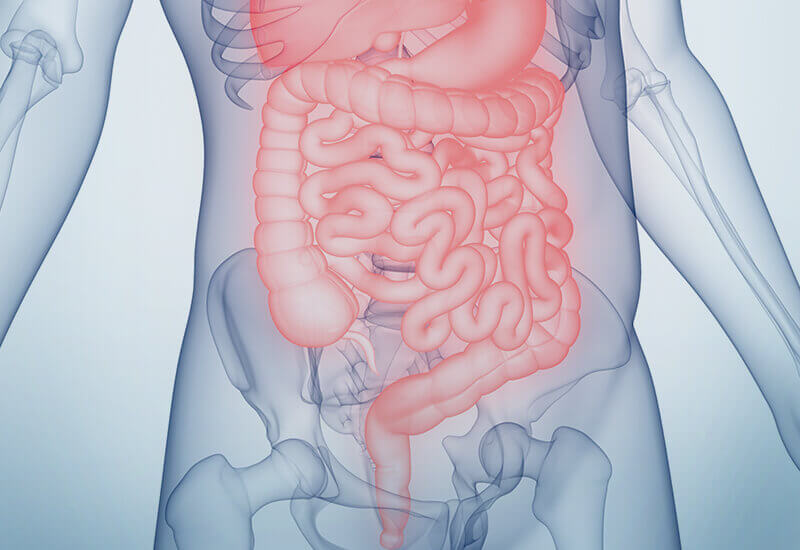DNA Warfarin Sensitivity Test
$249.00
Determining the correct warfarin dose to achieve an INR can be very challenging. Genetic differences in four genes, VKORC1, CYP2C9, GGCX and CYP4F2, affect the dose required to achieve a stable INR. Determining an individual’s genetic variation can significantly reduce the time taken to achieve a stable INR.
Description
What is Warfarin?
Warfarin is a common anticoagulant prescribed to prevent the formation of blood clots (thrombosis) and their migration elsewhere in the body (thromboembolism). Warfarin is useful for long-term anticoagulant treatment and is often used to treat people at a high risk of thrombosis, due to genetics, artificial heart valves, an abnormal heart rhythm, surgery or have previously suffered from a blood clot. Warfarin activity must be monitored carefully to ensure that an adequate and safe dose is taken each day. It is monitored by blood testing to determine the international normalized ratio (INR). If the INR is too high, there is an increased risk of abnormal bleeding (haemorrhage). If the INR is too low, it indicates that the dose is insufficient to protect against blood clots.
TURNAROUND TIME
SAMPLE TYPE
AGE REQUIREMENT
GENDER
Test Details
Determining an Individual's Warfarin Dose
Several factors influence an individual’s warfarin dose requirement, including weight, age, diet, ethnicity and genetics. The time taken to achieve a stable INR can take weeks to months, and during that time the patient is often at an increased risk of either haemorrhage or thrombosis. Determining an individual’s variation in each of four specific genes significantly reduces the time taken to achieve a stable INR.
A large proportion of the dose variation occurs due to changes in either the VKORC1 gene or the CYP2C9 gene. The VKORC1 gene encodes vitamin K epoxide reductase, an enzyme required to recycle vitamin K1. Vitamin K1 is an important component of the blood clotting cascade and is required to activate several other proteins. Warfarin inhibits the vitamin K epoxide reductase, thereby preventing the necessary recycling of vitamin K1. Specific variations in the VKORC1 gene alter the levels of the reductase; hence different levels of warfarin are required to achieve the same anticoagulant affect. The CYP2C9 gene encodes the primary metabolizer of warfarin (cytochrome P450 2C9). Common variants of the CYP2C9 gene reduce the level of this metabolizer, meaning that warfarin is metabolized at a slower rate so a reduced dose is required. Genetic differences in the GGCX gene and the CYP4F2 gene also affect the dose requirements. GGCX encodes an enzyme that acts in conjunction with vitamin K1 to activate blood coagulation components. CYP4F2 encodes a cytochrome enzyme that is important for the metabolism of vitamin K.
The VKORC1, CYP2C9, GGCX and CYP4F2 genes are all located on autosomal chromosomes. Autosomal chromosomes are inherited in pairs – one from each parent. Therefore we can inherit two normal copies of a gene (homozygous normal), or two copies that carry the same genetic variation (homozygous variant), or one normal copy and one variant copy (heterozygous). This means that we can inherit several different combinations of the VKORC1, CYP2C9, GGCX and CYP4F2 genes and each combination affects the required warfarin dosage.
DNA Testing for Warfarin Dosing
A simple DNA test can be conducted to determine which versions of VKORC1, CYP2C9, GGCX and CYP4F2 genes were inherited. The warfarin dosing DNA test examines eleven markers across the four genes. The results of this analysis significantly reduce the time taken to achieve a safe and stable level of blood anticoagulation, and reduce the risks of potentially life-threatening problems.
The genetic information obtained from the DNA test for warfarin dosing, along with patient information (including age, gender, height, weight, race, and current medications), is entered into an online table provided by WarfarinDosing.org. WarfarinDosing.org uses this data in an algorithm to determine the initial Warfarin dose and subsequent daily doses required to achieve the target international normalized ratio (INR).
The WarfarinDosing.org website is provided by the Warfarin Dose Refinement (DR) Collaboration and IWPC (a group of international collaborations of biostatisticians, geneticists, pharmacists, and physicians who share anonymous data to improve warfarin dosing). WarfarinDosing.org is an independent website and is not under the control of this laboratory. The algorithm provided by WarfarinDosing.org is continually updated to ensure it provides an accurate and safe warfarin dose estimate. However, our laboratory holds no responsibility for the content and availability of WarfarinDosing.org.
Recommended Links:
-
Warfarin Uses, Dosage, Side Effects. Drugs.com.
-
Lee MTM, Klein TE (2013). Pharmacogenetics of warfarin: challenges and opportunities. Journal of Human Genetics. 58, 334–338.
-
Pavani A et al. (2012). Optimization of warfarin dose by population-specific pharmacogenomic algorithm. Pharmacogenomics J. 12(4): 306-11.
-
WarfarinDosing.org
-
Clinical Pharmacogenetics Implementation Consortium (CPIC) guideline information for warfarin and CYP2C9, VKORC1. PharmGKB.





